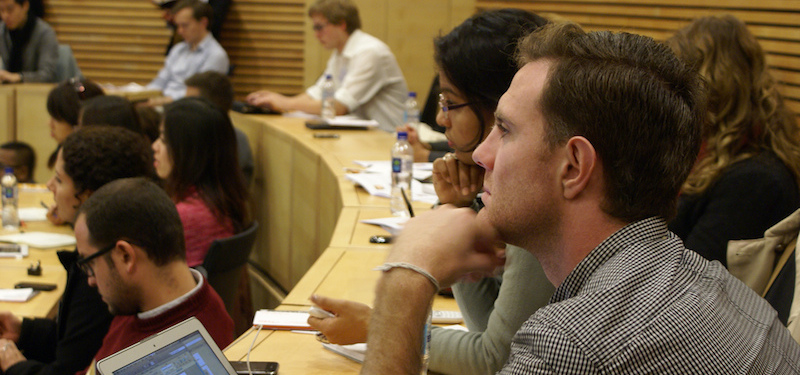Student Volunteering Week is a nationwide celebration of student volunteering, taking place from the 11th to the 16th February. At universities all over the country students are organising events, discussions and taster sessions to celebrate student volunteering. I got thinking about what we could do here at Cambridge Hub, as part of our Series. When I say volunteering I’m sure a range of images might come to mind; clichéd scenes where a teenager reads aloud to an elderly woman, a gap year student builds a well in Burkina Faso. Whatever comes to mind first, I doubt it’s the politics of volunteering. Yet, of course (like everything) politics, and not just Westminster politics, but local and social politics, can and do deeply impact the voluntary sector.
The 2010 general election saw several political catch phrases banded about. One of my personal favourites was that elusive jargon of ‘the Big Society’. In March 2010, Cameron laid out the Conservatives ‘Big Society Plan’, which would focus on three areas, public sector reform, neighbourhoods and culture change. Interestingly, the word ‘volunteer’ only appears three times out of the 2917 word speech, leaving me to wonder; where exactly does volunteering fit into Cameron’s image of the Big Society? To delve further into this issue, Cambridge Hub are hosting a panel discussion on ‘Volunteering and the Big Society’ this Wednesday. We are delighted to be joined by Dr Justin Davis Smith CBE, Executive Director of Volunteering at NCVO and Sophie Livingstone, Chief Executive at City Year.

The role of volunteering in this supposed ‘Big Society’ is an interesting one. Last year saw a heated debate between charities and government, after Chris Grayling announced that 18-24 year olds who have been unemployed for six months or more since leaving education would be required to complete a 30 hour ‘community work placement’ (note, ‘community placement’, as opposed to ‘volunteering’) if they are to continue receiving state benefits. This concept of ‘mandatory’ or ‘compulsory’ volunteering is not limited to those on benefits, however. The old debate regarding compulsory community service in schools similarly re-emerged during the 2010 election.
Volunteering England defines volunteering as ‘any activity that involves spending time, unpaid that aims to benefit the environment or someone… central to this is the fact that volunteering must be a choice made freely by each individual’. This all seems pretty obvious, compulsory volunteering is of course an oxymoron, but is there ever a place for it? On the one hand, does compulsory volunteering motivate those who may otherwise have never considered giving their time for free, or does it alienate those who value the choice in volunteering and irritate as opposed to inspire? Moreover, I feel it is crucial in the debate on ‘mandatory volunteering’, or ‘compulsory community service’ not to become too concerned by the volunteer and forget about the service the volunteer is delivering. Fundamentally, we need to keep those individuals, communities and organisations in the picture, and there is certainly a concern to having uninspired, unenthusiastic and unengaged people taking on voluntary positions.
Perhaps the best solution would be to strongly encourage volunteering in our schools, communities and workplace. The next question is how do we do this? After the 2012 Olympic games, many talked of the inspiration and commitment of the Games Makers and how we can build upon this momentum. I look forward to hearing from Dr Davis Smith and Sophie Livingstone as well as the students here in Cambridge, what they think.
